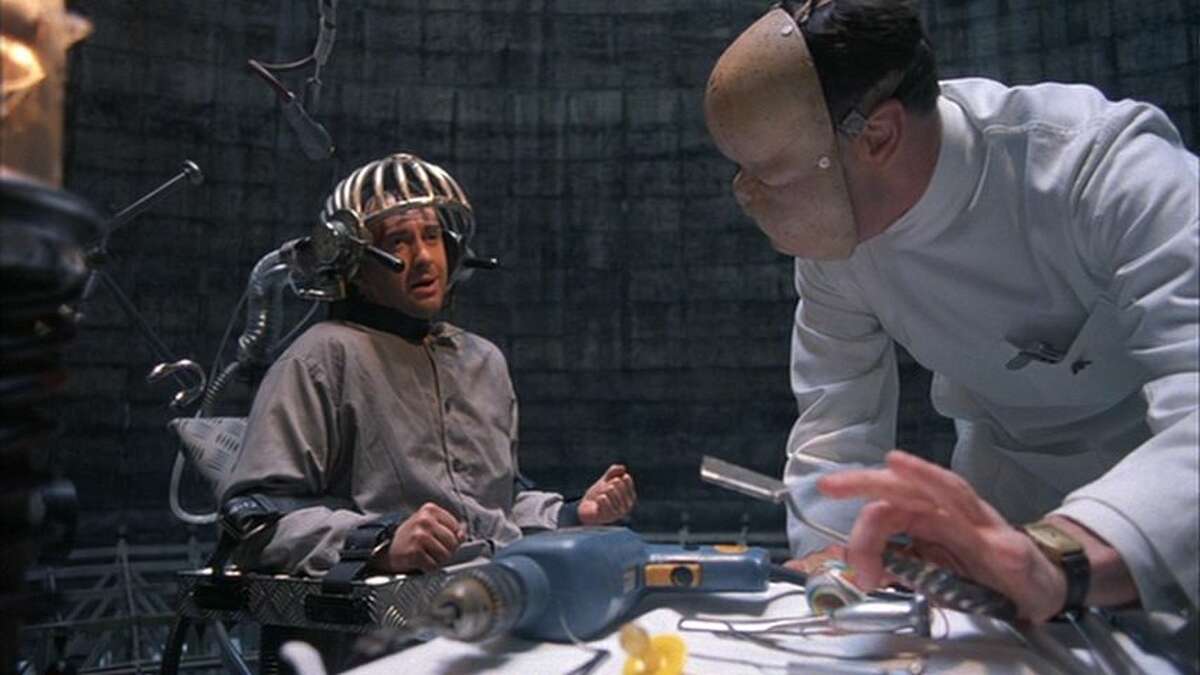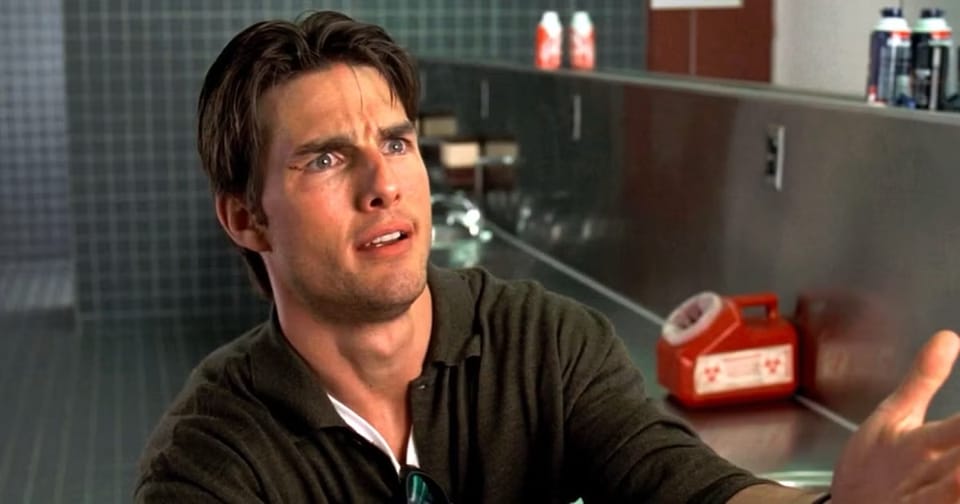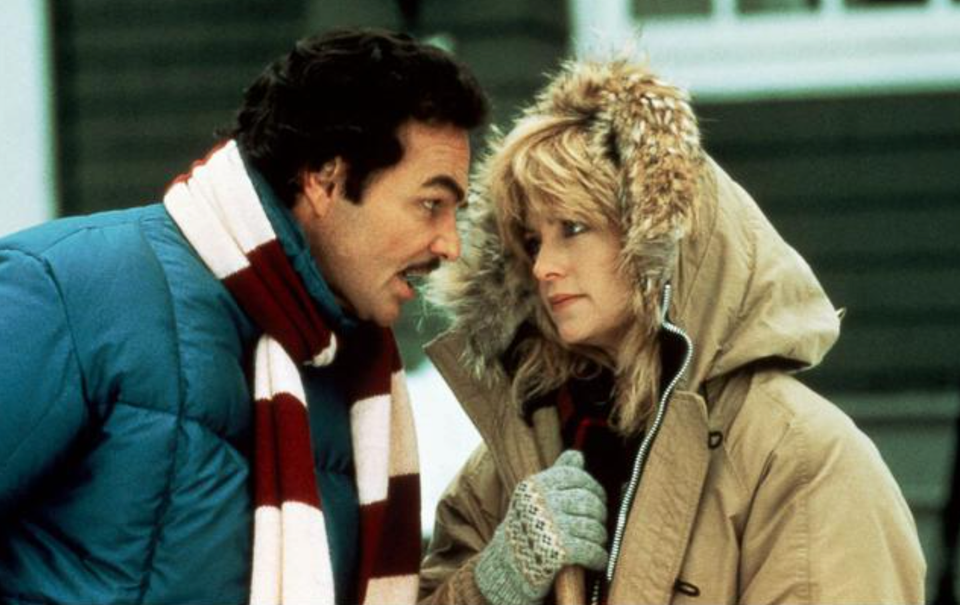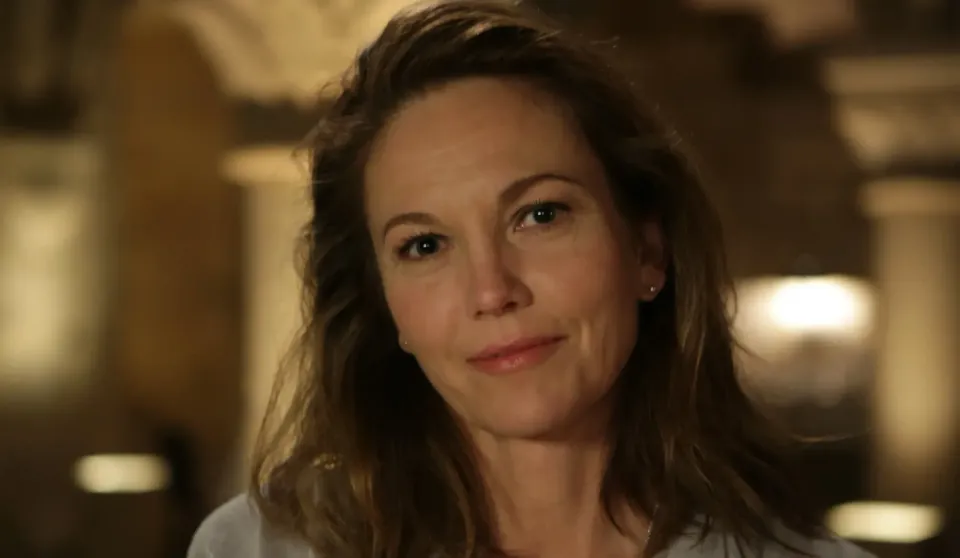How To Incorporate Screenplay Notes From Friends, Writers Groups, and Others.
This week is a different kind of development challenge. What to do with notes from friends, family, other writers, coverage, contests, and any other input you get from the various sources.

The Story and Plot Weekly Email is published every Tuesday morning. Don't miss another one.
FRIENDLY FIRE
Last week I discussed how to navigate development when working for others.
This week is a different kind of development challenge because you will be the final arbiter of what notes you will or will not implement.
These are notes from friends and family, other writers, coverage, contests, and any other input you get from the various sources.
The goal, of course, is to create the best experience possible for future readers.
So what to do with the notes that will inevitably come your way?
Let's start with the most important thing:
You must know what you're trying to achieve.
This sounds obvious, yet I spend most of my time in consultations getting writers to articulate what story they're trying to tell.
If you don't know what story you are telling, you will have no criteria on which to base any decision.
If you don't know why a scene is in the screenplay, you will have no criteria to know whether it's working or not, let alone how to execute the intention better.
There is a reason we spend so much time in both Mastering Structure and Idea To Outline teaching how to determine our story.
(Within the courses, we define story as "The transformational journey of a human being." While we obviously go into much greater detail there, this should suffice for now.)
I don't even start outlining until I have clearly defined my story. What would be the point?
So this part -- the most crucial part -- is solely up to you.
These two questions should pop up regularly as you develop material because the answers will guide you out of most trouble:
1. What story are you telling?
2. What emotion are you trying to evoke?
Know this for the screenplay itself, for each sequence, each scene, and for every moment.
You cannot rely on anyone else for this. Why? Because --
Most people do not know how to develop material.
Do not assume they are any wiser than you. They most likely are not.
They certainly don't know your screenplay better than you do.
Most reader's idea of development is simply offering what they like or don't like about what they read.
This is a pretty miserable way to improve a screenplay. You will be all over the place and soon chasing your tail.
Treat any note you receive about your screenplay as data, not as directions or even recommendations.
It's data. And at first, all you want to do is collect it.
The more you collect, the better.
You are mainly looking for what is not working.
This is the most hopeful note at this stage. Does a scene have the emotional impact you want?
Does the reader understand what you want them to understand when you want them to understand it?
Is the reader invested in the journey?
Keep track of all of these things.
If you get a consensus on an intention that doesn't work the way you want, you'll know that you need to fix it.
If you are asking friends or other writers to read, feel free to ask one or two of them to simply focus on the following:
- What emotion (if any) they're feeling at any given moment, and...
- Any spot where they start to lose interest.
This is somewhat of an extra ask, but it's worth it.
Many notes will (unfortunately) come in the form of "I (the reader) would like to see this..."
or "This should happen..."
This is often the "what I would have done if I wrote this" note.
This is usually a low-quality note, but obviously, not always. There is a process to confirm either way.
Does the change help you better tell the story you're trying to tell?
Everything you do should be in support of this story.
Does this recommended change do any of the following?
- Does it better push back against the character's journey?
- Does it propel them further along the journey?
- Does it tempt them to take another direction?
- Does it deepen the experience of this specific story?
- Does it make a moment more emotional, fun or exciting in a way that doesn't contradict the story itself?
If so, great! The note in question may be a good note!
If it doesn't do any of these things, you will want to investigate --
The legendary note behind the note.
You have heard this before. The idea that no matter how bad the note, it came from somewhere. And while the note itself isn't very good, the thing it is trying to address originated from something valid.
My experience is this: maybe it did come from something valid, and maybe it didn't.
It's very possible the note was an unskilled way of saying, "This didn't work for me."
In that case, it's up to you to figure out what that is that didn't work and determine if it's universal or not.
But the other possibility is that it's just a bad note that is more about the reader than your screenplay. This happens all the time.
Just like you have personality quirks that get in the way of your writing and rewriting, the reader has personality quirks that get in the way of giving 100% great notes.
Everyone thinks they get story because they think it's linked to their taste. Everyone thinks they have great taste. So everyone thinks they give great notes.
This is not nearly true. Far from it.
This is why you must have a process.
You cannot be at the mercy of a hundred notes coming at you at once. If you do not know what you're trying to achieve, this is exactly what will happen.
The note should feel right in your gut.
You know your story better than anyone. Never take a note that doesn't feel right just because someone told you to do it.
You will do plenty of that when you're getting paid. Now is not the time for that.
I am very clear about this with my students. A note should feel right in your gut. My notes, anyone's notes. It should feel like a step forward in telling the story. A lightbulb moment.
Do not chase notes trying to make anyone happy. You are not looking to please a specific reader.
You are looking to tell your story to the best of your abilities.
In doing that, you are looking to get people who would be prone to like your story, and get them to love it.
You will never make all the readers happy. So don't try.
The mental battle.
Like everything in screenwriting, there is the mental battle when getting notes.
One side of the problem is that we haven't gained enough confidence, so we tend to believe everyone knows more than us. This is not always true. And even when it is, that doesn't mean they're giving good notes.
The other side of it is fear, insecurity, and laziness disguised as integrity, and we refuse to change anything at all.
I was terrible with this for many years and it cost me. You must be honest with yourself.
You will do yourself no favors by falling into either extreme.
Knowing when to move on.
The world will never run out of notes for your screenplay. Ask someone for notes, and the one thing you are guaranteed to get is notes. You can send it out 1000 times, and you will get a 1000 sets of notes.
1) Early on, you will take the biggest leaps between screenplays, and
2) The law of diminishing returns will eventually apply. You will get far more out of your effort with a new project.
Review or TL:DR
The key to writing your screenplay, and therefore in taking notes as well is:
• Know what story you are trying to tell.
• Know what emotion you are trying to evoke.
You must know your intention in each sequence, scene, and moment and how it supports the two points above.
You will need to compare this intention to what you learn is the actual effect on the reader.
If the implementation falls short of the intention, you know to change it. This is where you need to improve.
You will also discover new and better ways to achieve the same thing, or perhaps an even different intention that better serves the story and emotion you identified above.
You will gain more and more confidence as you apply this process to your material.
But you absolutely must make these decisions.
These are the keys to establishing criteria beyond "someone gave you a note."
PODCAST ALERT
I was a guest on Kaia Alexander's Hollywood Wolfpack Podcast where we got to talk about process.
Kaia focuses her teaching the business side of breaking in and I must admit, I wish I had someone like her around when I first started. I'm also a fan of what she's doing in her Wolfpack community building.
Click here to listen to the podcast.
And don't forget to check out Kaia's Entertainment Business Leagueas well.
THAT'S A WRAP
That's it for this week.
Thank you for being a subscriber. As always, any help to spread the word (a repost, a share, a forward) is always appreciated.
See you next week!
All the best!
Tom
The Story and Plot Weekly Email is published every Tuesday morning. Don't miss another one.
When you're ready, these are ways I can help you:
WORK WITH ME 1:1
1-on-1 Coaching | Screenplay Consultation
TAKE A COURSE
Mastering Structure | Idea To Outline




